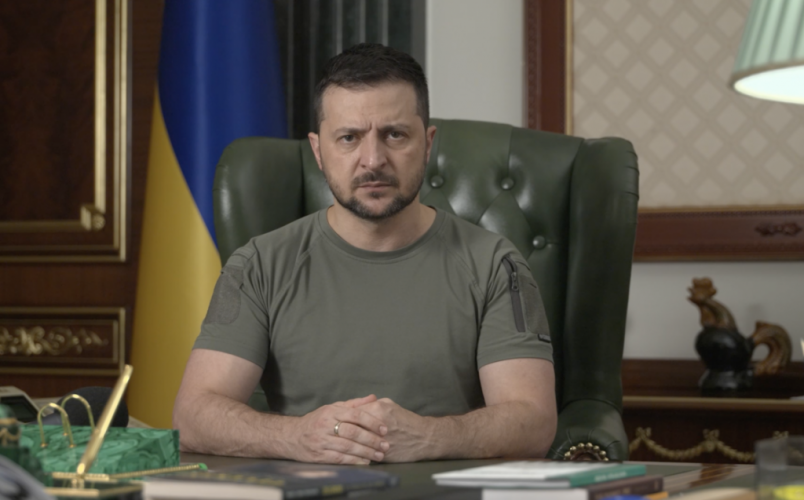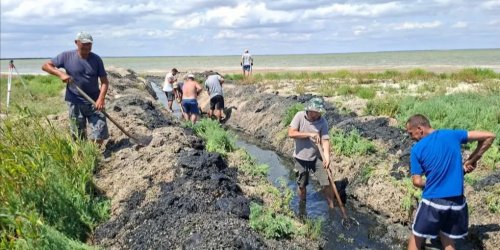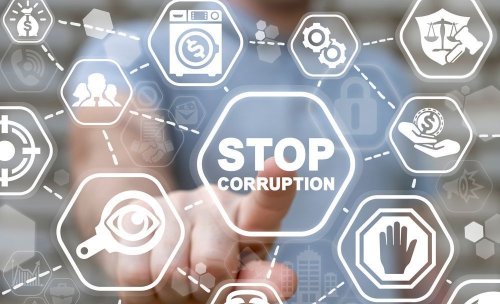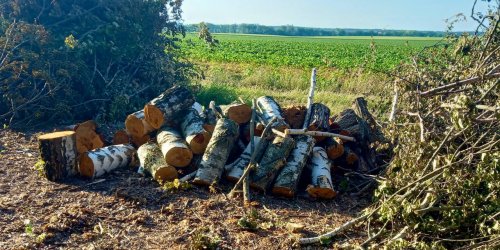On April 7, President of Ukraine Volodymyr Zelenskyy signed Bill No. 12089 on the protection of the rights of a bona fide purchaser, which was opposed by government agencies and the public.
Information on the vetting of this document is available in its card on the website of the Verkhovna Rada of Ukraine.
The draft law No. 12089 has now become law. Its number is now 4292-IX, and its full title is “On Amendments to the Civil Code of Ukraine to Strengthen the Protection of the Rights of a Good Faith Purchaser”.
What is the draft law No. 12089 about?
- The state or communities have 10 years to recover land or real estate illegally withdrawn from their ownership and acquired by a “bona fide purchaser”. If this period has expired, there will be no such opportunity.
- If less than 10 years have passed since the transaction and the court finds that the real estate or land was illegally withdrawn, then the state or community must fully compensate the “bona fide purchaser” for the value of the land or real estate. At the same time, no compensation for losses to the state and territorial community is provided.
- The draft law allegedly makes exceptions for land of strategic importance, critical infrastructure, the nature reserve fund, and cultural heritage. But experts say that there are many legal subtleties that will make the return of such land or real estate to state ownership impossible.
Why the public was against it
The Anti-Corruption Action Center (AntAC) says that draft law No. 12089 was actively supported by business, but it could lead to the actual legalization of land schemes. The main risk, according to experts, is that the draft law allows legalizing any land illegally withdrawn from the ownership of the state or territorial community if 10 years have passed since such withdrawal.
In the final version of the draft law, MPs and the relevant committee did not take into account several important nuances, the AntAC says. The experts provided the following list:
- Land that could not be legally alienated (for example, a beach on the seashore or a plot of forest) was often illegally alienated. A “bona fide purchaser” who buys such an asset is well aware that such land cannot be purchased legally.
- “Good faith purchasers” are often part of a corrupt scheme. Numerous investigations have shown that land alienation schemes are initially structured so that the land passes through several levels of owners before ending up in the hands of the final beneficiary, who is “in the know and in the game” from the very beginning. The latter is formally a “bona fide purchaser”.
- The draft law does not take into account the fact that the boundaries of the lands of the nature protection fund or cultural heritage are often not clearly defined and not recorded in the State Land Cadastre. In such cases, the state completely loses the mechanisms for returning these assets in its favor.
- The wording proposed in the draft law may complicate the return of property and land in the temporarily occupied territories of Ukraine. This problem was directly pointed out to the MPs by the Main Legal Department of the Verkhovna Rada.
A request to the President
To influence the situation, civil society organizations actively encouraged citizens to sign a petition to Volodymyr Zelenskyi, created by entrepreneur and former mayor of Hlukhiv Michel Tereshchenko. He asked the head of state to veto the law.
In less than 2 weeks, this petition gained the number of votes necessary for the president to consider it. However, as of now, there has been no response to it. Its status is “Under consideration”.
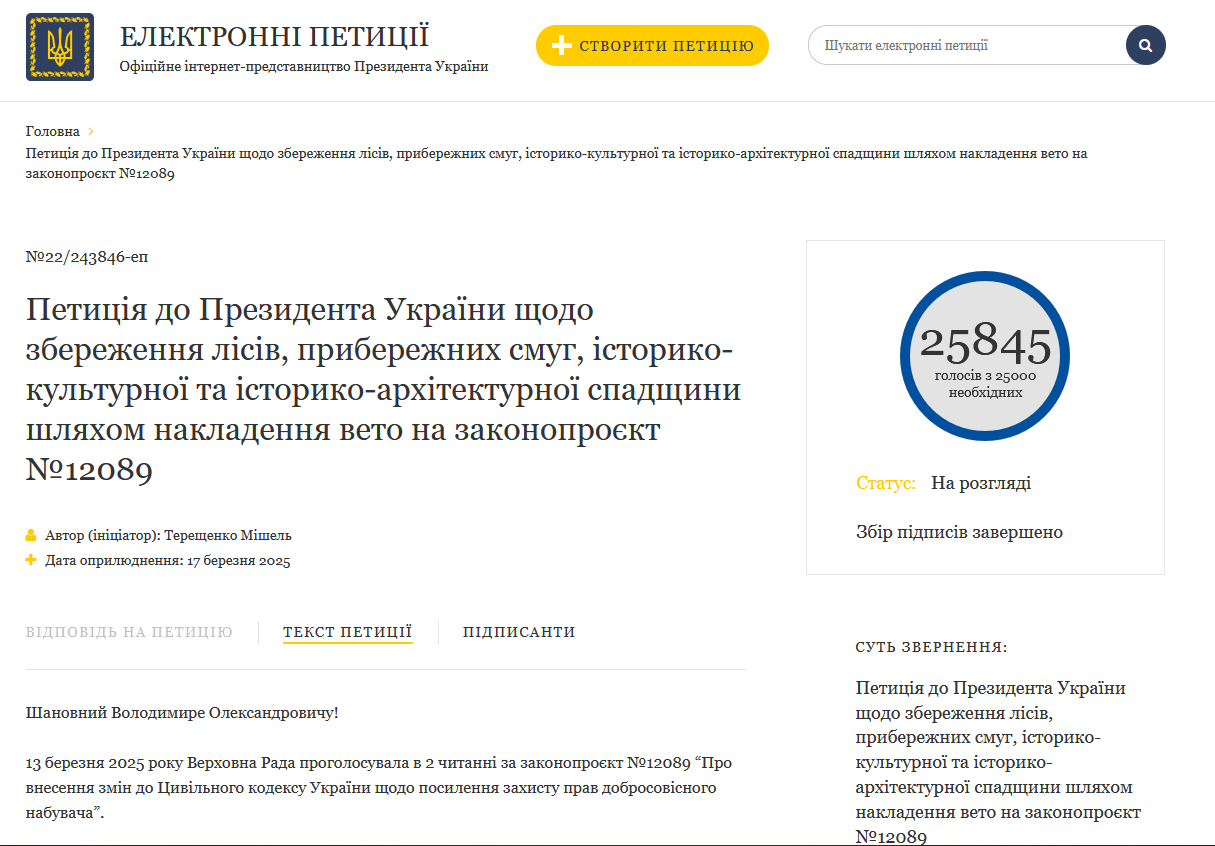
Screenshot from petition.president.gov.ua.
By the way, a week later, on March 24, a petition appeared with an opposite request to the president to sign Bill 12089. It was registered by Andriy Semydidko. As of April 7, it had garnered a little more than half of the required votes – 13,009 out of 25,000.
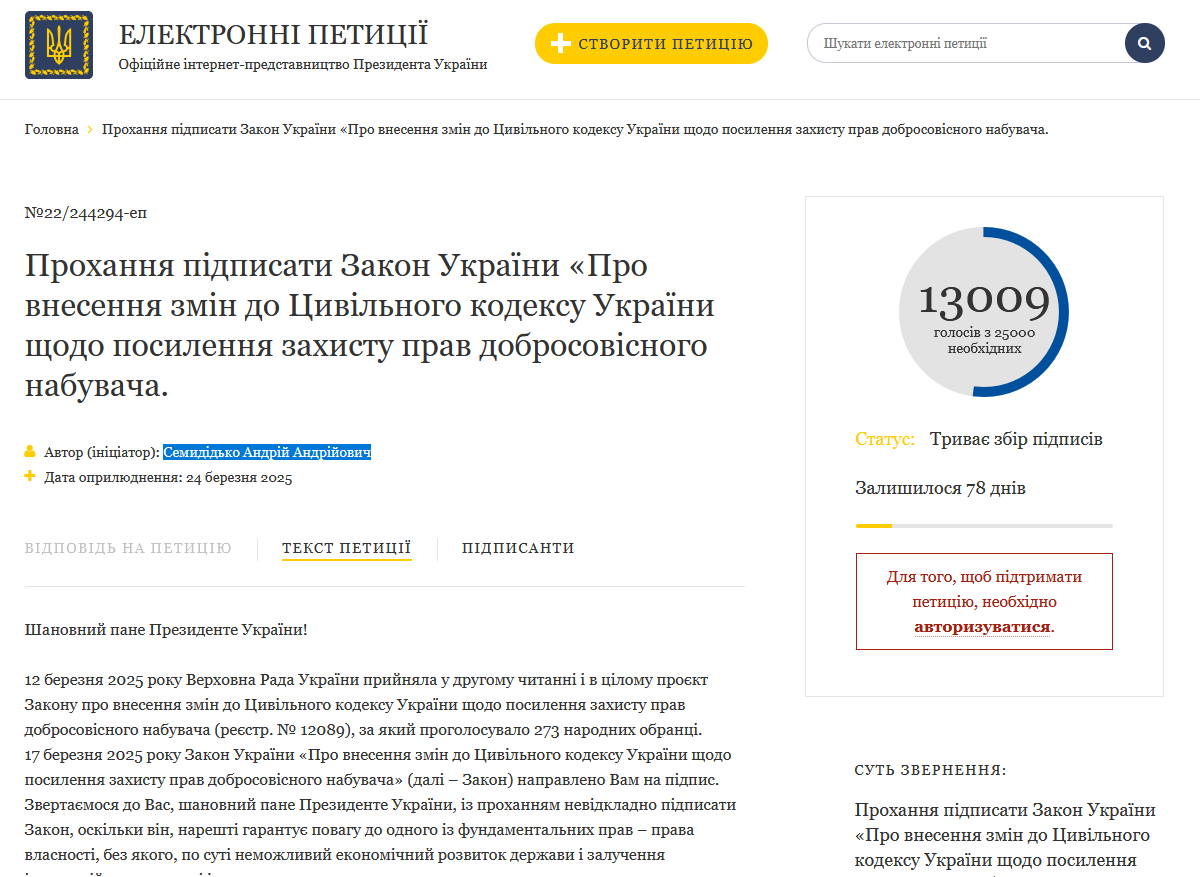
Screenshot from petition.president.gov.ua.
Authorities also spoke out against the bill
Letters from the Ministry of Environmental Protection and Natural Resources of Ukraine, the Ministry of Culture and Strategic Communications of Ukraine, and the State Forestry Agency, in which they justified the inadmissibility of signing Bill 12089 in its current version, have been made public.
Thus, the Ministry of Environment emphasized that “given the European integration vector of Ukraine's development, the legalization of the withdrawal of objects from state and municipal ownership that should be under special protection actually makes it impossible for Ukraine to implement numerous directives and international treaties in the environmental field.”
The State Forestry Agency reported that there are currently 113 cases in the courts to reclaim forestry land plots into state ownership, with the State Forestry Agency as the plaintiff. The agency noted that the new version of part 3 of Article 388 of the Civil Code of Ukraine will not allow the return of forestry land that was illegally withdrawn from state and municipal ownership.
У Мінкульті вважають, що законопроєкт не відповідає положенню статті 54 Конституції України, а саме обов’язку держави забезпечувати збереження історичних пам'яток та інших об'єктів, що становлять культурну цінність, вжиття заходів для повернення в Україну культурних цінностей народу, які знаходяться за її межами.
The Ministry of Culture believes that the draft law does not comply with the provisions of Article 54 of the Constitution of Ukraine, namely the state's obligation to ensure the preservation of historical monuments and other objects of cultural value, and to take measures to return to Ukraine the cultural values of the people that are outside its borders.
As EcoPolitic previously reported, on November 20, 2024, the Parliament voted in the first reading for the draft law No. 12089 on strengthening the protection of the rights of a bona fide purchaser, which was previously criticized by representatives of environmental organizations. On March 12, despite the opposition of activists and the public, 273 MPs supported the bill and passed it.
At the end of March, we reported that a petition asking the President to veto draft law No. 12089 had received the number of votes required for consideration.

